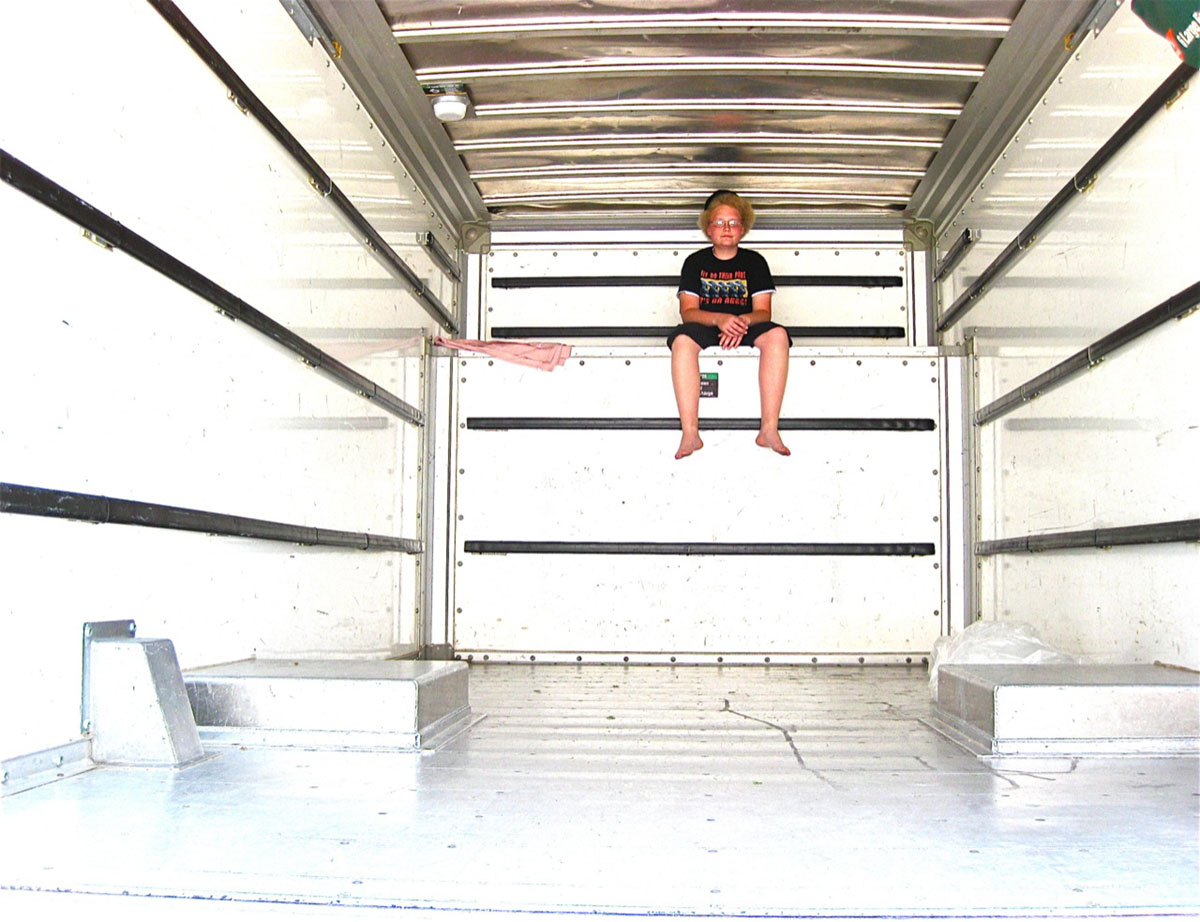Table of Contents
Does your family move frequently, because you are a military family for instance? A large study of American adults who moved often during childhood demonstrates that moving house frequently during childhood certainly has an impact on personal development. The more a person has moved around during childhood, the more likely they are to report that they are unsatisfied with life and the more their emotional wellbeing was impacted. Likewise, frequent movers had fewer good-quality social relationships on the whole, the study found.
Moving often is, unfortunately when you look at these study results, simply a part of life for some families; business as usual, if you like. When putting deep roots down in any particular location is impossible, the impact of family relationships becomes that much bigger. By focusing on a stable home life regardless of where you happen to be located at any given time, you can strive to create a "family is where the home is", rather than a "home is where the heart is" attitude.

I can say, from personal experience, that moving gets easier each time. While being multicultural and moving frequently, including internationally, as a child and adult has certainly shaped me, I can't say that it impacted me adversely. With a positive mindset, each move becomes a new adventure, a new opportunity to meet people from all walks of life. Rather than "home" being nowhere, every place becomes "home".
This is, I assume, the attitude parents raising children who will move frequently throughout their childhoods would like to instill in them. While you can't, actually, determine how your kids will feel about being part of a family who moves around a lot, certain steps can help create continuity:
- Take pictures of every home you live in, and every neighborhood that goes along with it.
- During your first few months in a new place, explore the whole neighborhood as much as possible, and find a new and comforting routine.
- Study the history and customs of every new place you move to, in an anthropological research kind of way.
- Encourage your kids to connect with other frequent movers, something that will help them make sense of their experience as well as helping them feel normal.
- Give your children the freedom to decorate their rooms as they wish, perhaps adding a keep sake from every place they have lived in.
- Set up certain family routines you can practice anywhere — board game Thursday nights, Friday film nights, or "try a new local restaurant" first day of the month events, for example.
READ How To Help A Depressed Person Who Doesn't Want Help
Moving frequently and to many different places, often right across the globe, is certainly a different life. Does it have to be a lacking life, one in which a home-shaped hole in the heart is a prominent feature, though? No, not at all. Ultimately, as a parent, the best you can do is model a genuinely positive attitude that still leaves space for the sadness of leaving a place you loved behind.
- Photo courtesy of danielnguyen: www.flickr.com/photos/danielnguyen/133619189/
- Photo courtesy of danielnguyen: www.flickr.com/photos/danielnguyen/133619189/
- Photo courtesy of danielnguyen: www.flickr.com/photos/danielnguyen/133619189/
- Photo courtesy of CJSorg: www.flickr.com/photos/cjsorg/2543594718/


Your thoughts on this